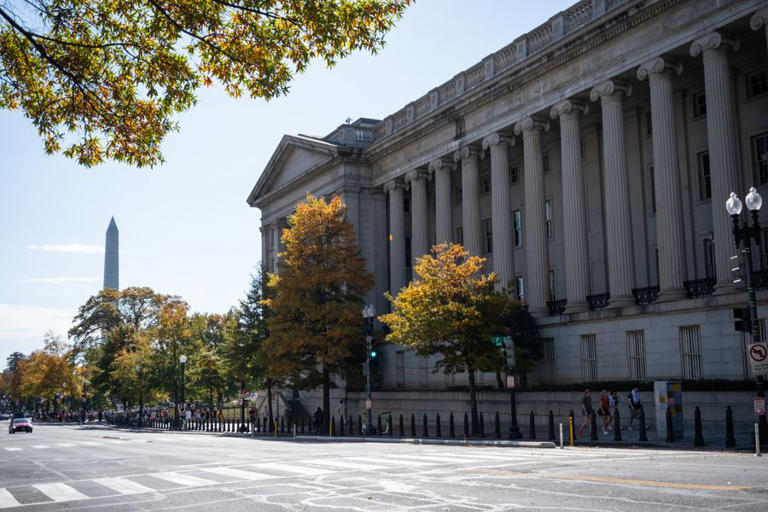Thai conglomerate SCG Plastics recently reached an agreement with the U.S. Treasury Department, whereby they will pay approximately $20 million to settle allegations of exploiting the U.S. financial system to receive payments totaling hundreds of millions of dollars for products originating from Iran. This settlement highlights the intensifying crackdown on sanctions evasion amidst escalating tensions in the Middle East, particularly in light of recent events such as Iran’s air strike on Israel.
The United States has imposed extensive sanctions against Iran, effectively barring any business dealings with the Iranian government and its affiliated entities. These sanctions extend to non-U.S. companies that conduct transactions in U.S. dollars, as these transactions typically pass through U.S. financial institutions acting as correspondent banks. Treasury Secretary Janet Yellen emphasized the stringent enforcement of sanctions, aiming to disrupt Iran’s destabilizing activities.
SCG Plastics, a subsidiary of Bangkok-based SCG Chemicals, ceased operations in January 2022 following the transfer of its assets and liabilities to Thai Polyethylene, another subsidiary of the parent company. As part of the settlement, Thai Polyethylene has committed to maintaining compliance with U.S. sanctions for a period of five years.
According to the Treasury’s Office of Foreign Assets Control (OFAC), SCG Plastics was involved in the purchase, marketing, and resale of plastic resin products from Mehr Petrochemical Co., an Iranian joint venture partially owned by SCG’s parent company and the National Petrochemical Company of Iran. This joint venture specialized in producing high-density polyethylene resin, commonly used in various plastic products.
OFAC alleged that SCG Plastics instructed customers to make payments in U.S. dollars to its bank in Thailand, which were subsequently processed by U.S. correspondent banks. Between 2017 and 2018, U.S. correspondent banks processed approximately $291 million in wire transfers for SCG, facilitating the sale of Iran-made products. Additionally, SCG allegedly initiated wire transfers in U.S. dollars to pay the debts of the Mehr joint venture.
To conceal the Iranian origin of the products, SCG employed shipping and documentation practices that obscured the true source. These practices included listing the country of origin as “Middle East” instead of Iran and indicating shipments as originating from the United Arab Emirates on commercial invoices, tactics recognized as deceptive by the Treasury.
The settlement with SCG Plastics underscores the U.S. government’s commitment to enforcing sanctions and combating evasion tactics employed by entities seeking to bypass restrictions on transactions with Iran. As geopolitical tensions persist, regulatory scrutiny remains heightened, emphasizing the importance of compliance with U.S. sanctions regulations.
